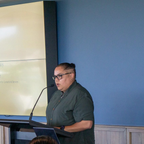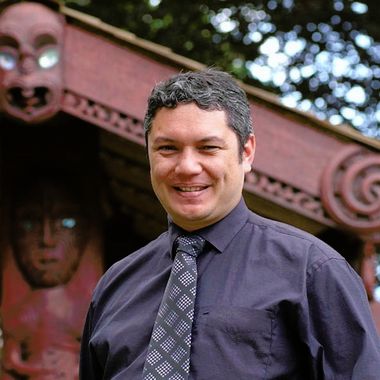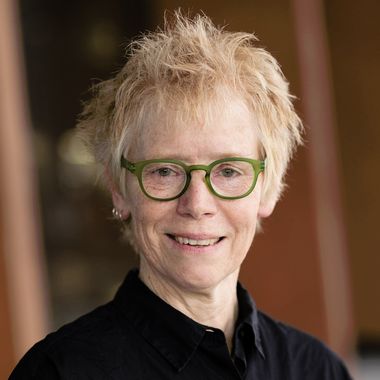Conference Theme
Why Attend IRCC 2026?
- Connect with leading researchers and practitioners from across the globe, creating opportunities for cross-jurisdictional learning and collaboration.
- Discover the latest evidence-based approaches to creating safer correctional environments, effective rehabilitation programs, and successful reintegration pathways.
- Share your work and findings with an engaged, international audience committed to improving the corrections systems.
- Learn from diverse perspectives, including academic research, practitioner insights, and the crucial voices of those with lived experiences.
- Explore innovative solutions to persistent challenges in corrections, from institutional design to community transition.
- Contribute to shaping the future of corrections research, policy, and practice.
Registration
Public Sector, NGO, Academic: $450.00 USDStandard: $575.00 USDGroup Registration (10+ attendees): $450.00 USD per person
- Public Sector, NGO, Academic: $550.00 USD
- Standard: $675.00 USD
- Group Registration (10+ attendees): $450.00 USD per person
-
Public Sector, NGO, Academic: $600.00 USD
-
Standard: $725.00 USD
Agenda Overview
IRCC 2026 offers four days of rich content - details concerning the programme and presentations will be published as they become available.
-
Monday 2nd: Delegates Check-in / Welcome Reception
-
Tuesday 3rd: Opening Session, Plenary, Workshops and Exhibtion / Private Sponsor Events
-
Wednesday 4th: Plenary, Workshops, and Exhibition
-
Thursday 5th: Facility Visits
Programme
Opening Keynote: What is a good enough prison? From ‘deserts’ to unlikely ‘oases’ and the lessons to be learned from these exceptional places

Alison Liebling
Professor of Criminology and Criminal Justice at the University of Cambridge, and the Director of the Institute of Criminology’s Prisons Research Centre, United Kingdom
Culturally Responsive Corrections: First Nations and Indigenous Perspectives Panel

Mitchell Takiari
Principal Research Adviser, Department of Corrections, New Zealand, Ara Poutama Aotearoa



Crystal Sumner
Practitioner, Department for Correctional Services, South Australia, Australia

Professor Michael Doyle
Health First Nations Health Research, Edith Collins Centre, Sydney Medical School, The University of Sydney, Australia

IACFP Distinguished Scholar: Offender Rehabilitation Approaches in Asian Jurisdictions

Dr Chi Meng Chu
Group Director (Strategy & Research Group), Senior Principal Clinical & Forensic Psychology, Chief Data Officer, National Council of Social Service, Singapore
Reimagining prisons as safe institutions: Asking new questions, posing new challenges, making new demands (PID170)


Prof Devon Polaschek
Director of NZ Institute Security Crime Science/Psychology Professor, University of Waikato, New Zealand
Sing Sing: Art, Creativityand Justice - A special screening + panel discussion
Venue and Accommodation
- Rate: NZD 299 per night for Superior Rooms at Pullman Auckland
- Valid Dates: March 1-5, 2026 (conference period)
Facility Visits
Sponsorship Opportunities
Stay Connected
For inquiries about the conference, please get in touch with [email protected].
Follow us on social media for conference updates, speaker announcements, and more:
- LinkedIn: International Corrections and Prisons Association
- Instagram and Facebook: @icpaadvancing
- Subscribe to our mailing list for regular updates











